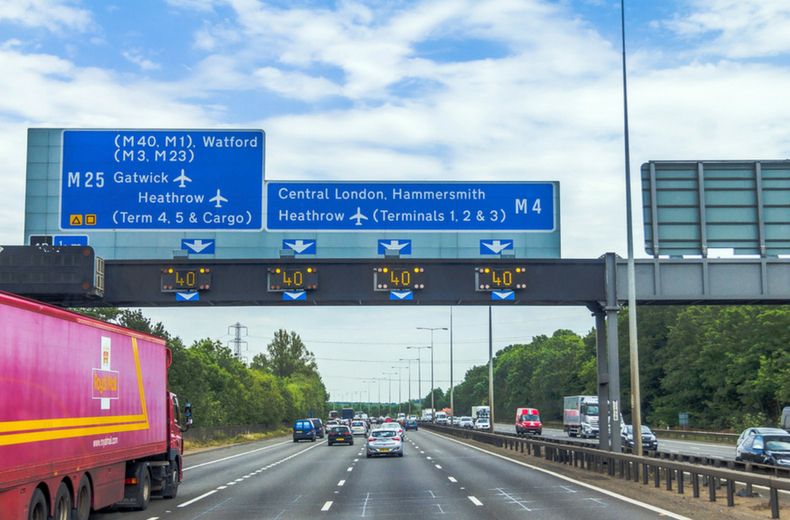OPINION | SUNDAY ROAD TRAVEL BANS ARE THEY GOOD OR BAD?
As the government looks to tackle the oil cost crisis in the UK, we ponder the pros and cons.

AS oil prices continue to rise, the government is said to be considering a number of options to try to keep fuel prices down, including banning driving on Sundays in big cities, and reducing the motorway speed limit from 70mph to 64mph.
The options are 10 in total, and have been suggested by the International Energy Agency (IEA).

The IEA's suggestions also include: three-days per week working from home where possible; alternate private car access to roads in large cities; increase car sharing; promote efficient driving for freight trucks and delivery of goods; using high speed and night trains instead of planes where possible; avoid business air travel where other options exist; reinforce the adoption of electric and more efficient vehicles.
Out of context, the Sunday driving ban sounds preposterous: “Apologies, sir, the fire service is currently unavailable due to the current Sunday driving ban, please allow us to address your problem at a more appropriate time.”
However, when in the context of the other ideas of the IEA it is probably the most sensible or realistic: ‘reinforcement’ of ideas surrounding electric cars will have little short-term impact; (at least in the UK) the rail system is one of the few things that has greater financial impact on the consumer than a stop at the pump; and while the author of this article is able to work from home 30 days out of a 31-day month, as it is, most of the their family works in factories.
Also, are we really going to trust the ‘smart’ motorways to accurately adjust the speed limit? Speaking of trust, are we also going to trust that the sacrifices made by the public regarding restrictions on their travel or the speed at which they can travel or the method of transport by which they can travel will actually result in a positive outcome, in lower fuel prices, or even that the sacrifices made by the public will be shared by the people who decide the rules? It feels like we have been somewhere similar rather recently, with little resolution to that particular problem.

Additionally, the classification of a ‘large city’ seems somewhat ambiguous. And how far does that creep? Will they have to hold the British Grand Prix on a Saturday because 70,000 people show up, for example?
That said, it does specify ‘driving’, not ‘riding’, so perhaps you can get the RD500 out the shed and take it for a spin at your £1.70-a-litre-leisure.







